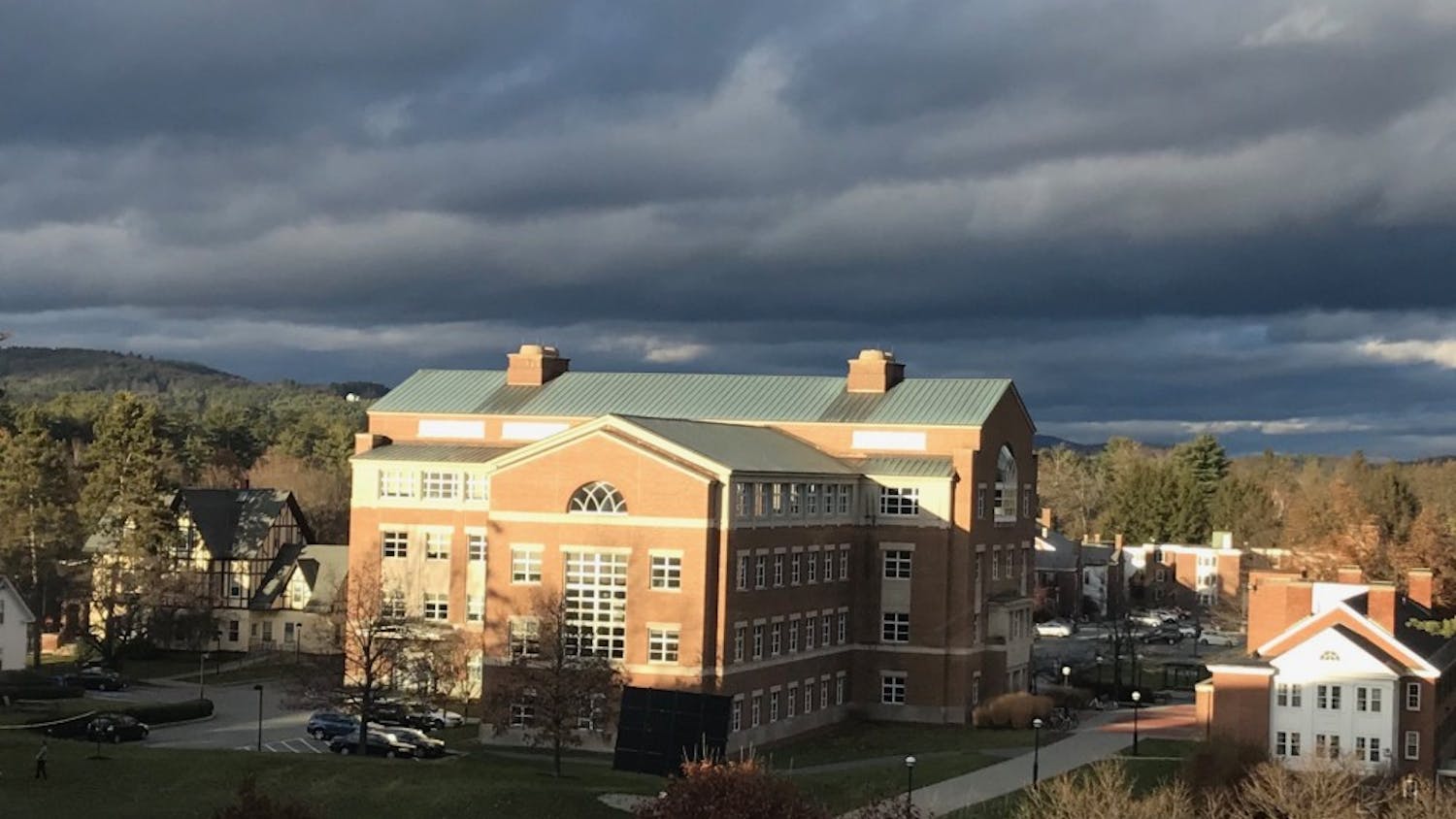Trees are an integral part of education. They provide pencils to write with and paper to write on. And of course, trees are studied in science classes.
But at Dartmouth, trees are not only part of our education, they also pay for it.
Every year the College harvests between 7,500 and 9,000 cords of wood from the second College Grant and then sells the logs commercially, according to Lyn Hutton, the College's vice-president and treasurer.
Hutton said the College nets a profit of $60,000 to $80,000 a year from the wood sales. The money goes into the operating budget of the College.
"The money we receive from the wood sale is not earmarked," she said. "It's unrestricted money that is added into the operating budget."
A large part of the operating budget supports scholarships, Hutton said. The money from the sale of the wood also funds recreational programs supported by the Dartmouth Outing Club, she said.
"If we increase the net revenue, then we increase the net amount for scholarships," she said.
But Outdoor Programs Director Earl Jette said the best part about this process is that it is "100 percent environmentally sound."
"We follow a prescribed management plan that allows to harvest a certain volume of wood each year without diminishing the amount that's growing," he said.
The Second College Grant is a 26,800-acre township in Coos County in Northern New Hampshire. The state donated the land to the College in 1807, according to the DOC.
The grant included a provision that the money gained from the trees must be used to "assist in the education of the youth who shall be indigent and to alleviate the expense for families of this state."
Jette said the forested land of the Grant has many purposes, including recreation and the protection of endangered species.
Kevin Evans, the College's forester, decides which trees get the ax and which ones will leave through another summer.
"I decide through a complex process which trees to cut," Evans said. "I then mark the trees and we hire an outside contractor to cut them down."
The College recently won a stewardship award from the state of New Hampshire, which recognized the College's good management of the land, Jette said.



